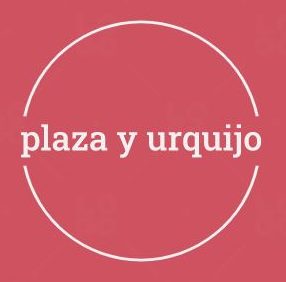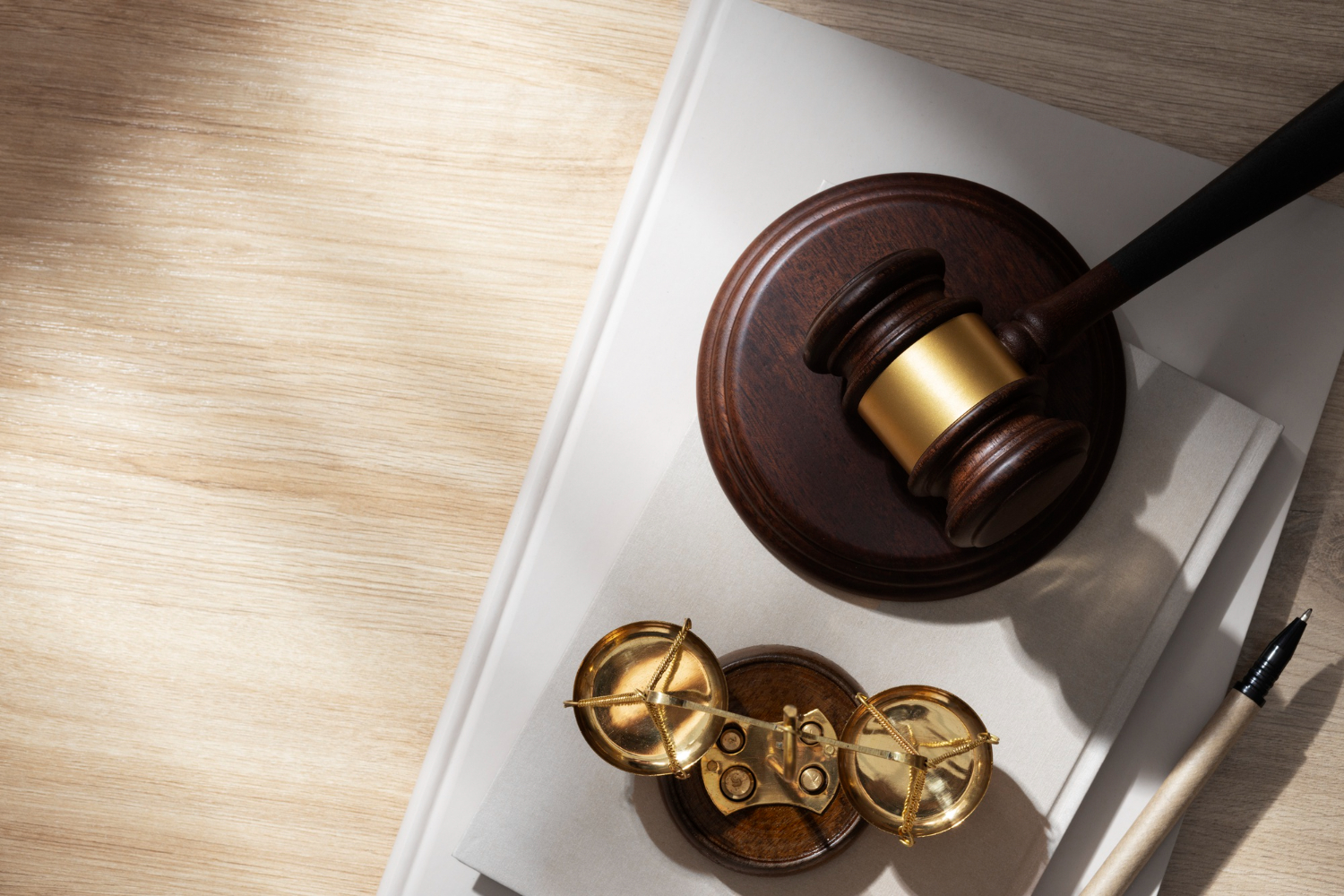Knowing the arguments made by criminal defence lawyers is relevant for anyone interested in law, particularly those seeking a Toronto criminal lawyer. Defence attorneys frequently rely on six standard objections to defend their clients.
1. Hearsay
A hearsay is a claim to be able to testify to the statement made by a person outside the courtroom. The problem with hearsay is that the speaker of the original statement is, of course, also absent in court for questioning.
This leads to the criminal lawyer needing to be able to verify if and whether the statement made by the friend is correct or whether the friend told the truth. Hence, hearsay is generally not admitted in court. The aim is only to present reliable and direct evidence.
2. Leading Questions
Leading questions are those that suggest a specific answer. For example, if a lawyer asks, “You saw the defendant at the scene, right?”. This question indicates that the answer should be “yes.” Leading questions can bias the witness’s answer in a direction that likely makes the witness’s answers less truthful or more if they fail to follow up.
During direct questioning (when a lawyer asks their witness), leading questions are generally not allowed because they can lead to biased or unfair answers. Refusing leading questions aims to enable witnesses to express their ideas without being pointed in a particular direction.
3. Relevance
Specificity denotes the degree of importance of information to the case discussed in the court. It may be viewed as tangential if a lawyer inquires about a matter less likely to explain or substantiate the case.
For instance, if a person on trial is accused of stealing a bike, questioning their favourite food does not indicate whether they stole it. Questions are only admissible to the court in the form of the facts presented in the case. This keeps the trial on track and allows only relevant information to be discussed.
4. Speculation
Speculation is a person being asked to guess about something they do not know for certain. For example, if asked to estimate a car’s speed in an accident where they could not see it well enough, an eyewitness may have to come up with an estimate.
However, guesses can lead to incorrect conclusions and misunderstandings. However, in court, speculation is not permitted, as it is an unreliable way of proof. Questions from the right criminal attorney should be made based on what the witness saw or knows rather than on what may have occurred.
5. Argumentative
Argumentative questions probe or challenge the witness and not just elicit information. These questions may lead us to assume that the witness needs to be corrected or corrected, leading to courtroom tension.
For instance, questioning a bystander why they saw nothing when others did will sound, at best, combative and, at worst, not helpful. Argumentative questions are generally not permitted in court since they can confuse witnesses and derail the search for the real truth. Efforts should be made to collect evidence as evidence of this or not proof of this rather than to get into disputes.
6. Vague Questions
Vague questions are ambiguous and require further specification for an adequate answer. For example, requesting a witness to produce a description of “the event” without restriction on which of a whole number of events may confuse as it is likely that several events will be involved in a case.
General questions do not contribute to comprehending what occurred and can be difficult for witnesses to answer properly. When asked in court, questions must be unambiguous and precise so that all present know what is being asked and can respond meaningfully.
Conclusion
These objections make the trial equitable; thus, only clear and pertinent information is presented in court. Knowing these words will make it much easier to keep up with the trials of the law just by watching. Contact a law firm that has experience in legal matters to help you clarify any legal issues you may have.



